Premium Only Content
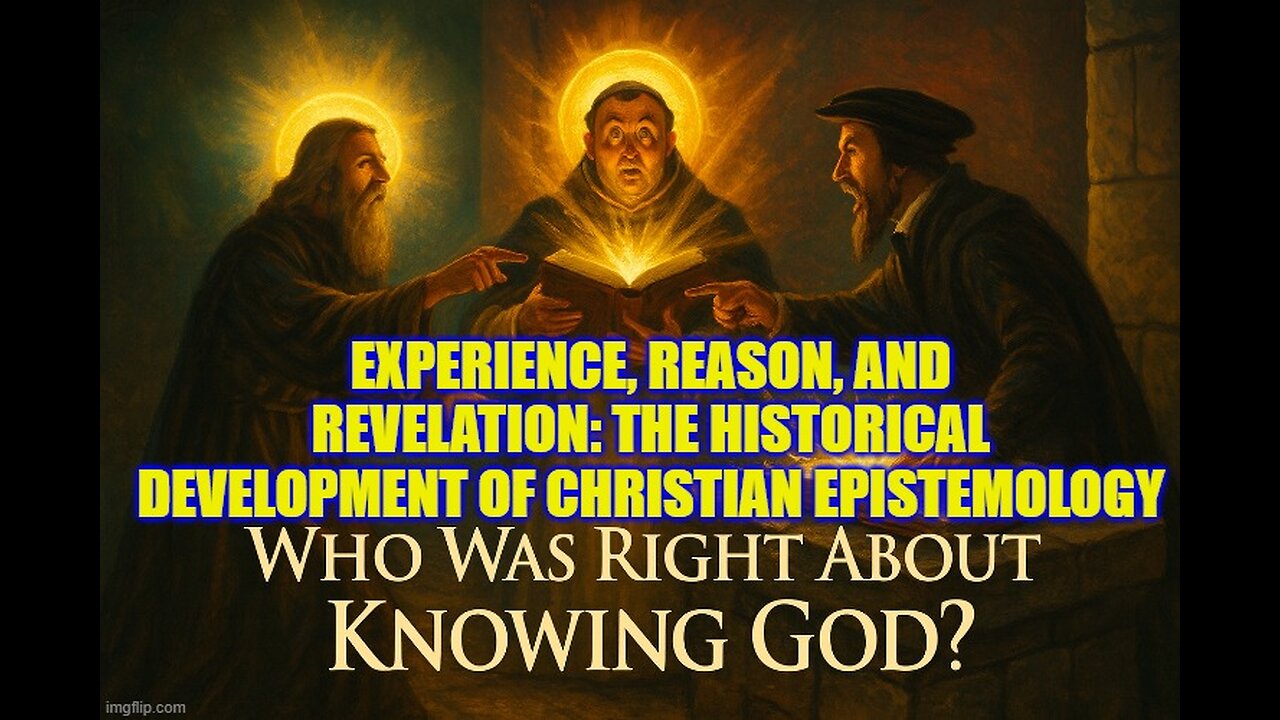
Experience, Reason, and Revelation: The Historical Development of Christian Epistemology
Experience, Reason, and Revelation: The Historical Development of Christian Epistemology
How do Christians actually know God? Through mystical experience? Philosophical reason? Divine revelation?
This long-form deep dive traces the story of Christian epistemology from the early Church to the Reformation – and asks why history seems to have developed in the reverse order of what logic would suggest.
In this video we walk through three major traditions:
✠ Eastern Orthodox epistemology – mysticism, theoria, and theosis in Gregory Palamas and the Cappadocian Fathers: knowledge of God as transformative participation in His uncreated energies.
✠ Roman Catholic epistemology – Thomas Aquinas, faith and reason, natural theology, “faith seeking understanding,” Scripture and Tradition, and the rise of scholastic theology.
✠ Reformed / Calvinist epistemology – John Calvin, the noetic effects of sin, sola Scriptura, Scripture as “spectacles,” and Cornelius Van Til’s presuppositional, revelation-first approach.
Along the way we:
⚔️ Steelman each tradition in its best form, not caricatures.
⚔️ Compare mystical experience, rational system-building, and revelational starting points.
⚔️ Show how Orthodoxy, Catholicism, and Reformed thought critique each other on experience, reason, and authority.
⚔️ Engage modern challenges: the Enlightenment, science, secular epistemology, and postmodern relativism.
⚔️ Explore how Alvin Plantinga’s “Reformed epistemology” intersects with historic Calvinism.
⚔️ Argue that the Church historically moved from experience → reason → revelation, even though the logical order should be revelation → reason → experience.
If you’re a theology geek, pastor, seminarian, philosophy-of-religion nerd, or just a curious Christian wondering why Orthodoxy feels mystical, Rome feels rational, and Geneva feels text-obsessed, this is meant for you. We’re talking Gregory Palamas, the Cappadocians, Thomas Aquinas, Anselm, John Calvin, Cornelius Van Til, and the broader Catholic, Orthodox, and Reformed traditions – with a distinctly Reformed, Scripture-first conclusion.
This channel comes from a Canadian Calvinist context, engaging Church history, philosophy, and biblical theology for a Canadian and global audience, with an eye to how these questions land in our post-Christian, fragmented culture.
-
 LIVE
LIVE
VINCE
2 hours agoNew Info Blows the Lid Off The Butler Assassination Attempt | Episode 175 - 11/24/25 VINCE
26,475 watching -
 LIVE
LIVE
Nikko Ortiz
30 minutes agoWorst Military Events And War Crimes... | Rumble LIVE
130 watching -
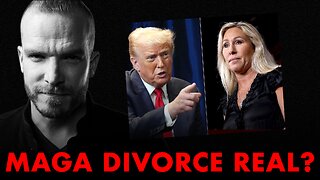 1:36:29
1:36:29
Graham Allen
2 hours agoIs The MAGA Divorce Real Or Did Elon Just Expose It’s FAKE?!
109K577 -
 LIVE
LIVE
Badlands Media
3 hours agoBadlands Daily Nov. 24, 2025
3,086 watching -
 LIVE
LIVE
Matt Kohrs
11 hours agoStock Market Open, Breaking News & The Week Ahead || Live Trading $1M
571 watching -
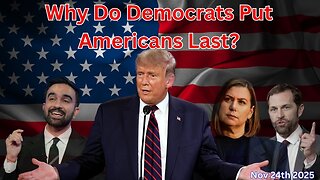 LIVE
LIVE
Wendy Bell Radio
5 hours agoWhy Do Democrats Put America Last?
7,505 watching -
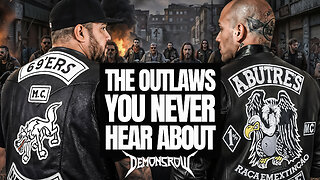 15:51
15:51
Demons Row
11 hours ago $0.07 earnedOutlaw Motorcycle Clubs You Were NEVER Supposed to Know About 💀🏍️
7K2 -
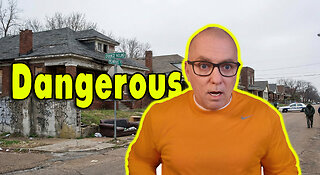 15:17
15:17
World2Briggs
11 hours ago $0.42 earnedTop 10 States Where Crime Is Getting Worse Fast!
5.12K7 -
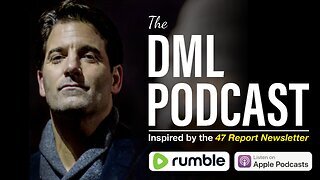
DML
16 hours agoDML LIVE: The United States of Fraud
14.2K -
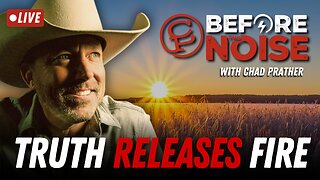 1:10:03
1:10:03
Chad Prather
15 hours agoHoliness, Power, and the Fire of a Fearless People
61.3K30